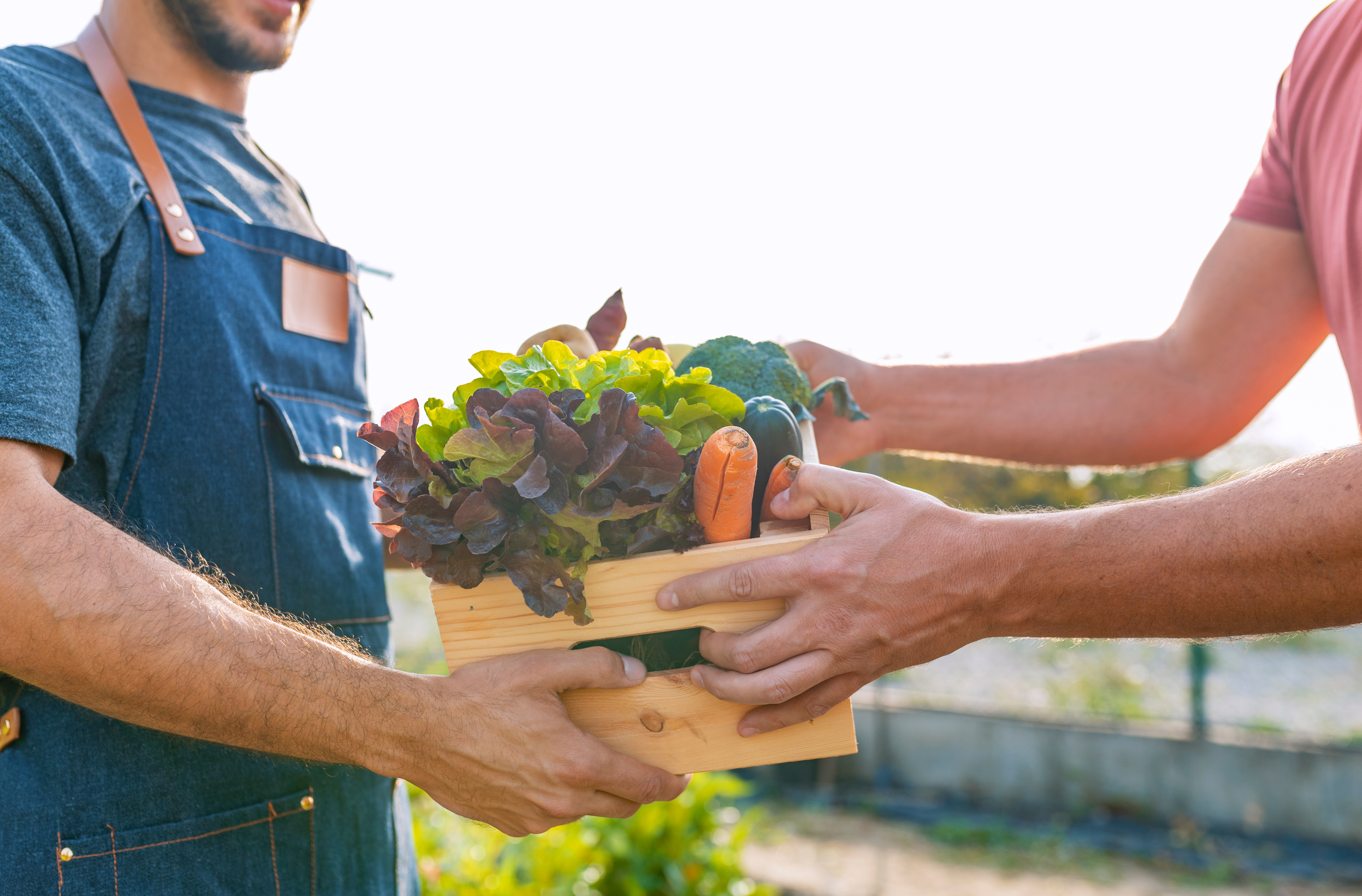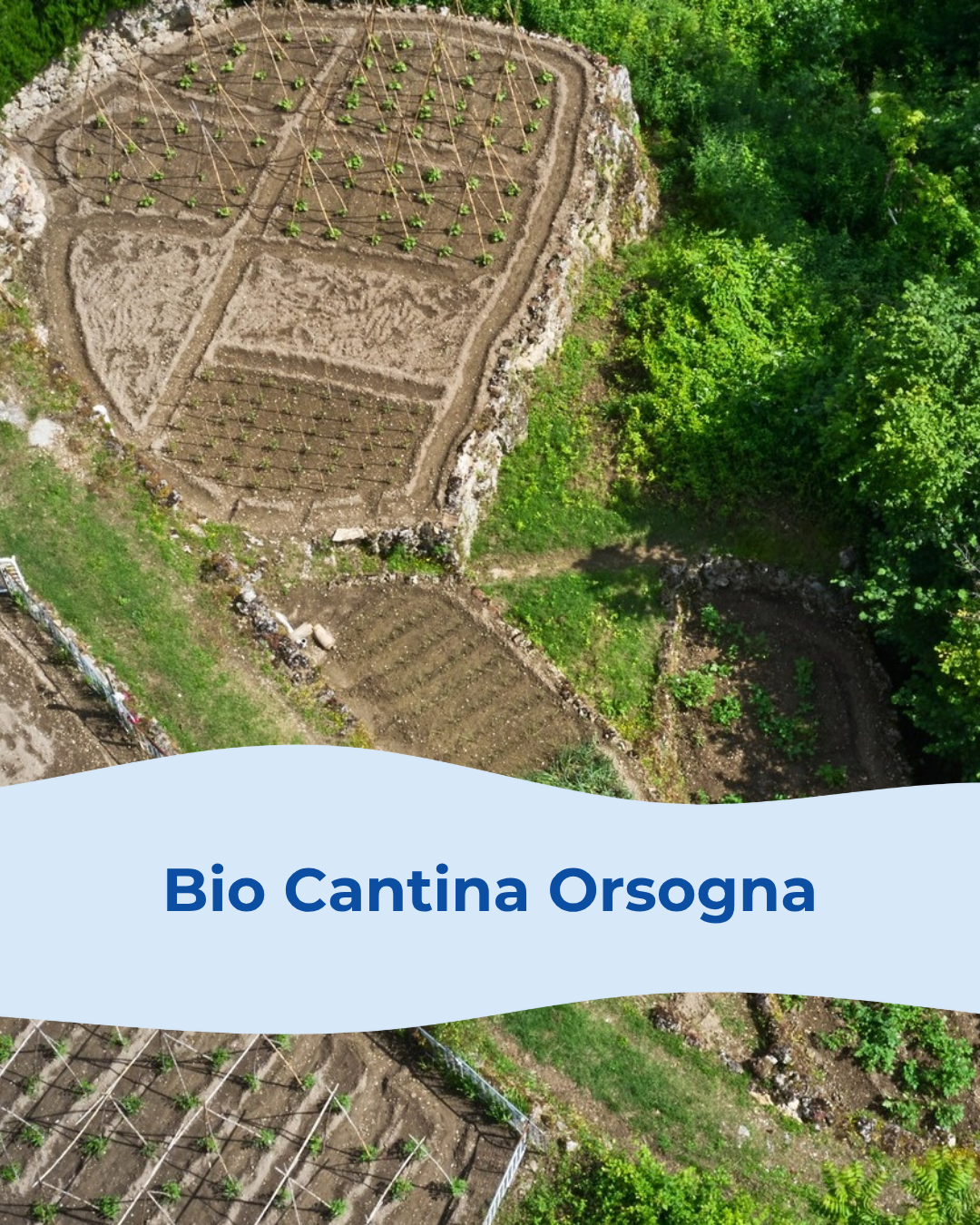The Carbon Farming MED project works directly with selected pilot farms in Catalonia, Spain, and Italy to test, monitor, and validate regenerative agriculture and agroforestry practices. These pilot farms reflect the variety of farming systems found in the Mediterranean — from vineyards and vegetable growers to organic beekeeping and agritourism. They serve as living laboratories, where practices aimed at restoring soil health, increasing biodiversity, and capturing carbon are being applied and evaluated. By applying regenerative techniques in real-world conditions, they offer valuable insights into what works, where, and how such practices can be scaled.
By grounding the project in real farm environments, Carbon Farming MED builds on existing knowledge while generating practical insights for a broader shift toward climate-smart and regenerative agriculture across the region.
🇪🇸 Meet Our Pilot Farms in Catalonia, Spain
Cooperativa Mas La Sala (Sant Pau de Segúries, Girona)
A cooperative initiative that integrates traditional values with sustainable innovation. Mas La Sala is an example of how community-based farming models can promote environmental stewardship and rural vitality.
Muixach Viticultors (Peratallada, Girona)
A family-run winery applying regenerative practices in viticulture, with a strong emphasis on soil health and long-term ecosystem management. Muixach Viticultors brings together local heritage and forward-looking land care.
Verdcamp Fruits (Cambrils, Tarragona)
One of Catalonia’s larger producers of fruits and vegetables, Verdcamp is incorporating sustainable practices into intensive agriculture. Their work shows how even high-output farms can adopt more climate-friendly methods.
🇮🇹 Meet Our Pilot Farms in Italy
ApisOrganic (Viterbo, Lazio)
An organic farm focused on the interplay between pollinators, biodiversity, and soil restoration. ApisOrganic demonstrates the ecological benefits of integrating beekeeping with regenerative land management.
Tularù Società Agricola (Cittaducale, Lazio)
A multifunctional farm that combines organic food production, agritourism, and renewable energy. Tularù offers a model of how regenerative agriculture can be embedded in broader community and sustainability goals.
Azienda Pulicaro (Acquapendente, Lazio)
A working farm and agritourism project that links traditional farming knowledge with modern regenerative methods. Pulicaro highlights how cultural and environmental values can reinforce each other.
Le Orme del Vento (Nulvi, Sardinia)
Located in the hills of northern Sardinia, this farm is experimenting with site-specific regenerative practices adapted to the island’s distinct soils and climate. Biodiversity and land stewardship are central to their approach.
Bio Cantina Orsogna (Orsogna, Abruzzo)
A cooperative winery known for its organic and biodiverse vineyards, Orsogna is integrating soil-focused practices that contribute to carbon sequestration and resilient agroecosystems.
Rooted in Practice, Growing for the Future
Through collaboration with these pilot farms, Carbon Farming MED is generating evidence-based knowledge about which regenerative and agroforestry practices work best under different Mediterranean conditions. By engaging with real farms, the project not only collects valuable data and field experience, but also gains practical insights into how these approaches can be scaled more broadly. Each participating farm acts as both a testing ground and a local ambassador for climate-smart agriculture—demonstrating that farming in the Mediterranean can be productive while also driving environmental and climate solutions.










